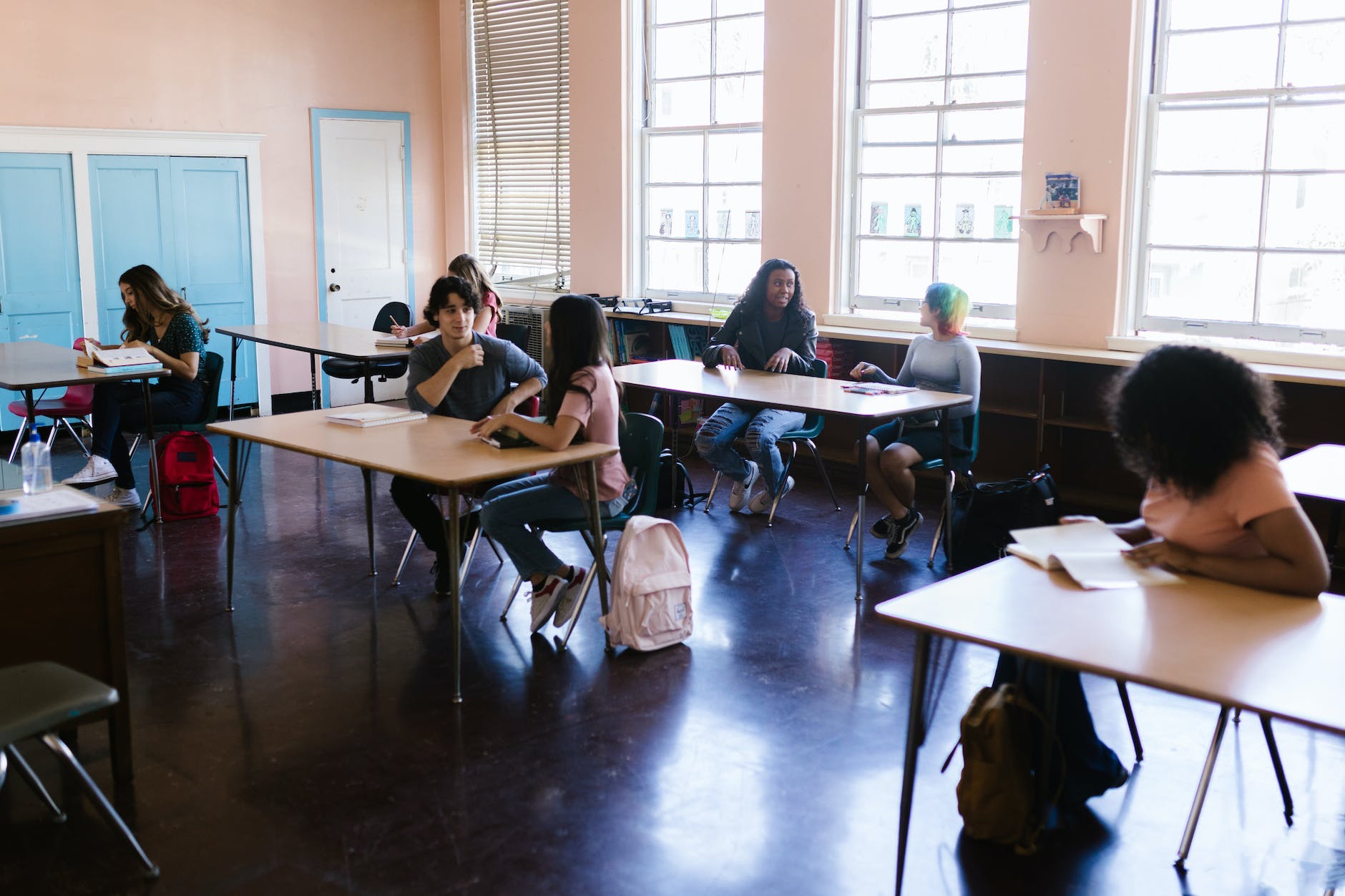
High school on the autism spectrum
There were two options for high school for my kids: the high school special Ed program which is located at one high school in our high school school district or mainstream high school with an IEP at your home high school. My two boys were in both options. My eldest attended the special Ed program and my youngest is currently mainstreamed.
I was really impressed with the special Ed program my eldest attended. The academic classes such as math and english were separate classes from the rest of the high school but the students were mainstreamed for extracurricular classes and therefore got to have the high school experience. There was grading of both academics and extracurriculars and therefore they were held accountable for quality work. My son didn’t like to take the time to do quality work in his academic classes even though he had the intellect to complete his assignments. He would rush through his math work and the outcome was sloppy. I was mainly made aware of this during the pandemic when the classes were held virtually. The teacher would call on him to take his time and answer the math questions after solving the problem. He would rush through the problem but was able to come up with the right answer.
The special Ed program also offered many activities catered to their development of life skills. One really cool opportunity was a coffee cart in the front lobby of the school that was run by the kids in special Ed. They learned to prepare the coffee, take money, calculate the change and balance the money tin at the end of the shift. This opportunity was a significant highlight for the kids and they had to prove in the classroom they were responsible to take on this life skill. My son lost his privilege to participate in the coffee cart one semester because he did lick a coffee cup. I think he saw the coffee dripping and his natural instinct was to lick the coffee off the cup. This was addressed in his IEP and he learned the importance of “germs” when serving the coffee.
Some other life skill opportunities included going shopping and picking out products to purchase within a budget. They would go to the local Target and have their shopping list and allotted money. This was really enjoyable for the kids and they enjoyed doing this around the holidays to purchase one or several gifts for the family. They also learned how to interact with the cashier and hand over the correct amount of money. I enjoyed this shopping trip as I would be surprised with a wrapped gift when he returned home.
Regarding extracurriculars, they did incorporate a cooking class into the program and had a kitchen facility available for the kids. This was another important life skill helping the kids learn to prepare meals. They would do simple tasks such as preparing a sandwich and more complex foods that required baking. I found he would bring that confidence in the kitchen home and help with preparing simple foods such as reheating a leftover in the microwave.
A final highlight of the special Ed program was after school activities that involved a mainstream student acting as a peer support aid. Mainstream after school activities such as the homecoming bonfire was organized so that the special Ed students could attend with an assigned peer aid. This was a wonderful opportunity for my son and he became very fond of his assigned peer aid for the year. The aids also enjoyed helping out and would give the kids hugs and support.
My youngest, on the other hand, is doing high school as a mainstreamed student and seems to be handling it very well. Supports were put into place his freshman year but the IEP team has said he is able to attend with such autonomy they pulled those supports away. There was a special Ed class he attended freshman year called “Strategies for Learning” and he balked at having to take the class. He enjoys academics and felt the class took away time from an academic class that interested him. With the IEP, he still meets periodically with the IEP team to work on social skills. He thrives academically and belongs in mainstream high school but still needs that social support. We haven’t been made aware of any bullying which we are thankful for. He handles himself pretty well and defends himself verbally to the point that he may be a little bullish himself. The good thing is he is able to stand up for himself and prevent bullying.
While attending mainstream high school, he has participated in extracurricular activities after school with no issues. He participates in the a cappella program, the foreign language club and a group called Model UN. He really enjoys Model UN as it focuses on the politics of foreign countries and political science is his interest going forth in college. He attended a Model UN all day political debate last year and plans to do it again this year. They even dress in a suit and tie for the debate which I find charming.
No matter what developmental level your child is at, the high school district is able to accommodate. I think autism is still a new diagnosis for the schools and they are continuing to adapt for each kids individual needs. My younger son is a little bit of a challenge because he is higher functioning and they need to be creative in providing needed support. With time, the schools will have more experience and even better ideas to meet the kids needs.


